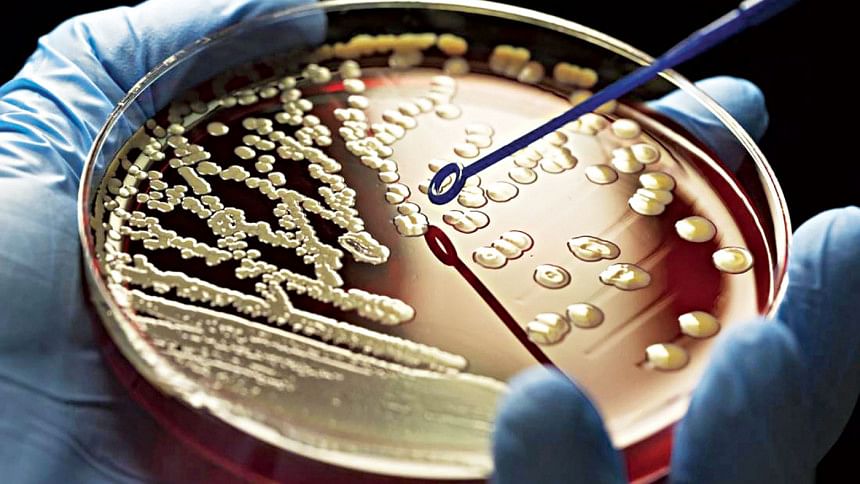Salmonella vaccine for poultry contributed to rise of antibiotic-resistant bacteria

According to a new study recently published in the journal PLOS Genetics, resistant strains in Brazil find that exported poultry rarely causes disease in the UK. In addition, an investigation into the evolution of Salmonella bacteria infecting Brazilian poultry shows that the introduction of a Salmonella vaccine, combined with increasing antibiotic usage by Brazilian farmers, has led to the rise of antibiotic-resistant strains that are less likely to cause human disease.
The team found that distinct Salmonella lineages developed in Brazil in the early 2000s, around the time the country introduced a poultry vaccine. These bacteria have three antibiotic-resistant genes. Despite rising in Brazil, antibiotic-resistant bacteria have caused few human Salmonella cases in the UK and have not spread to chickens.
Overall, these findings suggest that the Salmonella vaccine in Brazil, along with increased antibiotic use, enabled the rise of drug-resistant Salmonella, but that these bacteria have not led to more food poisoning cases in the UK.

 For all latest news, follow The Daily Star's Google News channel.
For all latest news, follow The Daily Star's Google News channel. 



Comments